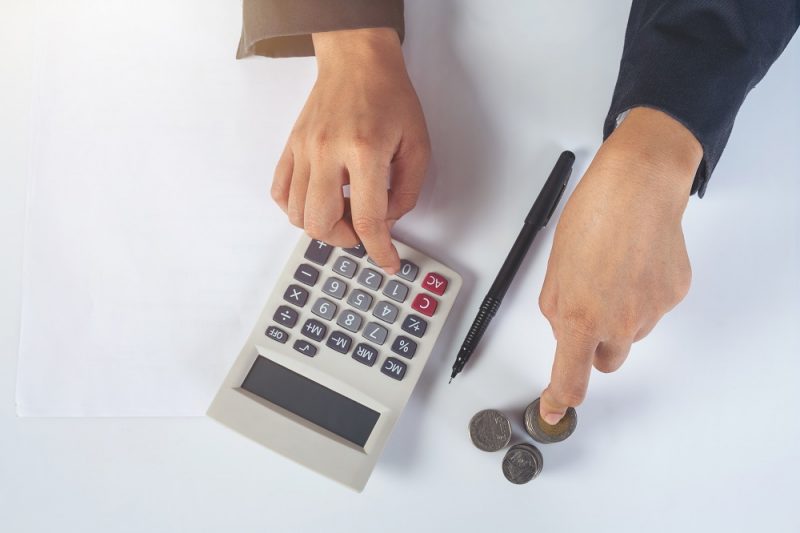The area of taxation, specifically VAT for small businesses in UAE, isn’t exactly straightforward. As a matter of fact, it can easily feel like a minefield for unwary registered businesses. Fortunately, if you take some time to work with a tax specialist in UAE, it is possible for you to find out the best ways in managing your VAT liability.
Here are the best ways for you to manage your UAE VAT liability, which will help you stop and carefully consider – how is your business performing its tax obligations? Is an accountant or tax specialist helping your business? If so, how?
Understand your industry
Keep engaged with the trade body, attend events that apply to your business, and read newsletters. In UAE, most industries have allowances and special dispensations that are allowed by the UAE Federal Tax Authority. Your trade body is on your side, so it is best to use them.
Spend time on your company finances
Asses if you really are the best person within your organization to do the accounting and bookkeeping. Include the process of filing VAT returns in the UAE.
Your business is going to benefit a lot if you spend time looking for ways to ensure mandatory processes are executed effectively and efficiently. As you review your company finances, if you think that your company finances will be better off handled by a team of accountants and bookkeepers who are the best at what they do, then outsource the job to them. VAT specialists can help you save a lot of money as there are times when you think you’re saving in fees but you’re actually losing out as you haven’t claimed input tax that you’re entitled to.
Read also: Filing A Return For VAT For Small Businesses
Retain records related to VAT
While the mandatory time limit that is allowed by the FTA in adjust or correct VAT returns of businesses in the UAE is five years plus the present return period, records related to VAT must be kept for more than the prescribed period or at least six to ten years. For transactions related to buildings and land, documents should be kept for longer than twenty years.
It would prove to be more beneficial for a tax registered business in the UAE if it has records should the tax authority feel the need to review the company’s past transactions. Records can be kept electronically or as part of an online or software program or on paper. Take note: readability, completeness, and accuracy of records are all a must.
If a VAT invoice has been lost or become damaged and it will no longer be read, the supplier providing the specific VAT invoice must provide a duplicate with the appropriate label of being a duplicate.
The FTA can be asked to shorten the retention period for records should a business be able to prove that record retention is an issue. This can be the case for businesses that cease trading within the jurisdiction of the UAE. The application has to be given in writing. A tax specialist or regulated tax agent in Dubai can be sought after for the submission of the application.
A business should keep all records of purchase invoices and receipts that are issued to the business. The records include:
- Export details relating to trade overseas;
- Original VAT invoice or any similar proof of tax paid on a purchase
- Credit or banknotes that alter a supply’s value
The FTA is going to accept copies of relevant documents that are electronic just as long as the crucial information is included and visible. The following information must be present:
- Rate of VAT that is charged for a transaction
- Tax registration number or TRN of the tax registered business making a supply
- Business name of the supplier (VAT can only be recovered on invoices that are issued onto the business)
Read also: Impact Of VAT On IT Businesses
Certified tax professionals in UAE
It is advised for VAT-registered businesses to hire tax specialists in UAE as they can assist manage the liability of businesses for VAT and more importantly during tax audits. A certified and regulated tax agent in UAE can also represent and respond to the FTA should the tax authority has queries regarding a taxable entity. A tax agent in UAE is mandated to be proficient of the Arabic language.
A tax agent that will represent your business will liaise with the UAE FTA on your behalf. If you have questions, concerns, and doubts regarding any VAT legislation and to ensure that you are kept updated on the latest changes to VAT regulations, call us here in Farahat & Co today! Tax laws in UAE are subject to change and keeping abreast of relevant laws and statutes is a requirement for all registered and unregistered businesses operating in the UAE.

